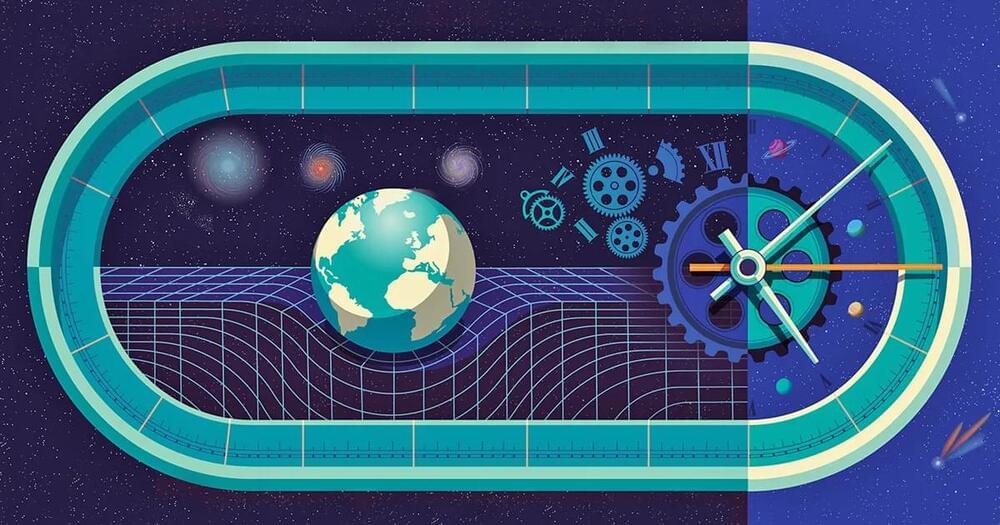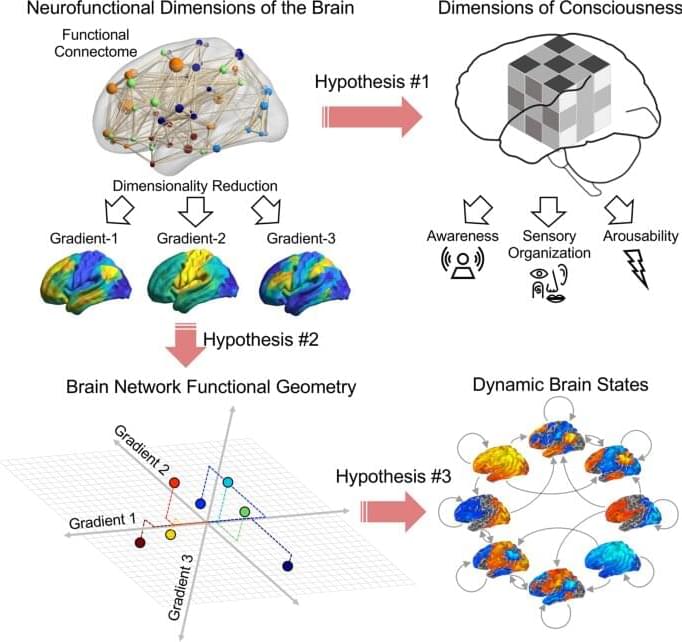We’re going to be a little different. Our route into special relativity might be thought of as top-down, taking the idea of a unified space-time seriously from the get-go and seeing what that implies. We’ll have to stretch our brains a bit, but the result will be a much deeper understanding of the relativistic perspective on our universe.
The development of relativity is usually attributed to Albert Einstein, but he provided the capstone for a theoretical edifice that had been under construction since James Clerk Maxwell unified electricity and magnetism into a single theory of electromagnetism in the 1860s. Maxwell’s theory explained what light is — an oscillating wave in electromagnetic fields — and seemed to attach a special significance to the speed at which light travels. The idea of a field existing all by itself wasn’t completely intuitive to scientists at the time, and it was natural to wonder what was actually “waving” in a light wave.




